“What did ya expect? They’re only human…”
We say this sort of thing all the time, don’t we? We use the term ‘human’ to lower the bar… It’s sort of a nice excuse. To be “only human” means everybody can just go ahead and lower their expectations.
I have to wonder: What lies behind that phrase? “Only human?”
It could just be an honest and merciful recognition that we are in fact… very weak. In our present fallen state, it’s simply the case that it is much easier to sin than it is to pursue virtue. In Catholic vocabulary, we say that we still experience “concupiscence” — the tendency toward low and earthly things — the proclivity to do the wrong thing: to be jealous, to flare up in wrath, to eat too much, to drink too much, to click that same link that takes you to that same website, over and over again.
In that sense, it’s absolutely true: “We are only human.” We are prone to fall, and we can fully expect to face challenges and repeated failure whenever we try to do the right thing. There is a sort of war going on inside each one of us, isn’t there? — the battle between good and evil is being waged at the center of our hearts.
With that said, however — I wonder if something else is going on when we say that somebody is “only human,” or when we say of ourselves: “Well hey — I mean, come on… I’m only human.”
I wonder if we’re really saying something like this: “I can’t be holy. And you can’t expect me to be holy. This is just the way I am, and I can’t help it.”
If that’s what we mean when we say “Only human,” then I must say with all clarity:
This is a huge lie!
And you know why I know it’s a lie?
Well — because today the Catholic Church is celebrating All Saints day. And while “all the saints” include an untold number of angels (which are not human) there are also a HUGE NUMBER of HUMAN saints in Heaven, with God, right now.
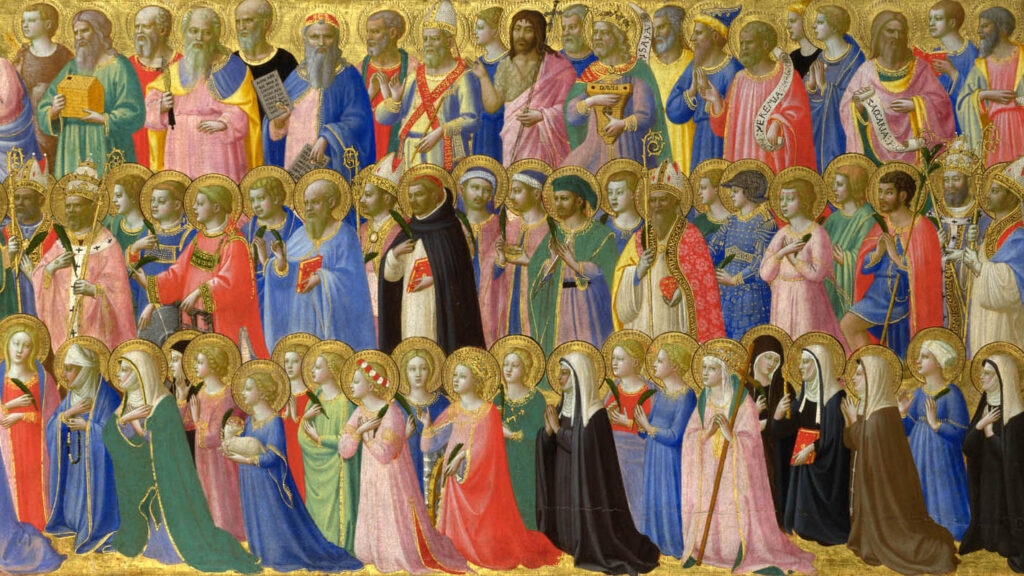
We catch a glimpse of this in our first reading this weekend, where John the Evangelist, in his apocalyptic vision, sees a “great multitude, which no one could count, from every nation, race, people, and tongue. They stand “before the throne and before the Lamb, wearing white robes and holding palm branches in their hands.”
These people, John is told, are those “who have survived the time of great distress; they have washed their robes and made them white in the Blood of the Lamb.”
They are human saints.
This is important. To be “only human” means to have, built into your soul, the capacity to receive the sanctifying grace of God. To be “only human” means, in fact — that you can become truly holy. Truly a saint. The Saints in heaven are not “less human” than us — they’re somehow MORE human! They have the Divine Life pulsating within them.
This is available for every single one of us. And here we come to the central point I’d like to make today:
It is always possible to be a saint. Always. While you have breath in your lungs, no matter what your circumstances… No matter what your family is like… No matter what the culture is like… No matter how horrible your past mistakes: It is always possible to be a saint!
The Catechism of the Catholic Church says it very clearly: “All Christians in any state or walk of life are called to the fullness of Christian life and to the perfection of charity…All are called to holiness.”
To lower the bar — to believe the lie that holiness isn’t POSSIBLE for YOU — is thus a kind of despair. Ultimately, it is a lack of hope in God’s incredible power in your life.
That’s where holiness comes from. It doesn’t come from you. Your personal holiness project does not stand or fall by your efforts. It’s God’s power in you.
I recently heard a story about Thomas Merton, a well known spiritual writer and monk. Shortly after his conversion to Catholicism, he was talking with his Jewish friend about his brand new faith. His friend asked him:
“So what do you want to be, now that you’re a Catholic.”
Merton responded: “Well, I don’t know… I guess I just want to be a good Catholic?”
His friend didn’t think this was good enough, so he replied: “What you should say is that you want to be a saint!”
Merton shot back: “How do you expect me to become a saint?”
Then Thomas Merton’s friend gave this amazing answer:
“All that is necessary to be a saint is to want to be one. Don’t you believe that God will make you what He created you to be, if you will consent to let him do it? All you have to do is desire it.”
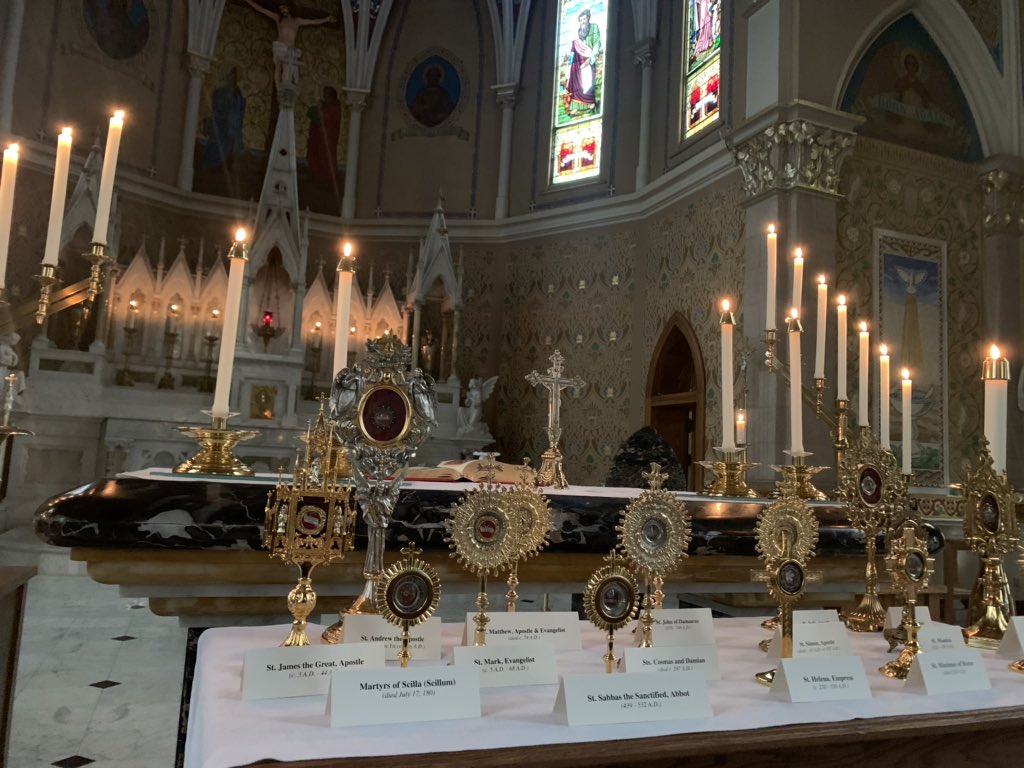
And this, my brothers and sisters, lies at the root of the question. We don’t become saints because at least at some level… we don’t want to! Or perhaps we can’t imagine that it’s even possible for us.
So what’s the cure? How do we counteract this tendency?
We need to ask God for the virtue of magnanimity.
Magnanimity is an often forgotten virtue. The word literally means “greatness of soul” or “loftiness of spirit.”
It is the magnanimous person who dares to say: “I want to be a Saint.” It’s the magnanimous person who refuses to lower the bar, but instead raises it to a seemingly impossible standard — not because they have any confidence in themselves, but because they have confidence in God.
They are the ones who hear the words of Jesus: “Be perfect as your heavenly Father is perfect,” and they take it quite seriously. They refuse to make excuses for why they can’t possibly be a saint, and yet they also refuse to be discouraged by their own weaknesses and failures.
Every time they fall, they go and humbly confess their sins and resume their walk of faith with the Lord.
That’s what I believe we need today! All the Saints are truly magnanimous — their souls are HUGE. They are expansive and wide open to the fully reality of God and what He intends to do in our lives.
One of the most magnanimous souls has to be St. Thérèse of Lisieux, the Little Flower — a cloistered nun who died at the age of 24.
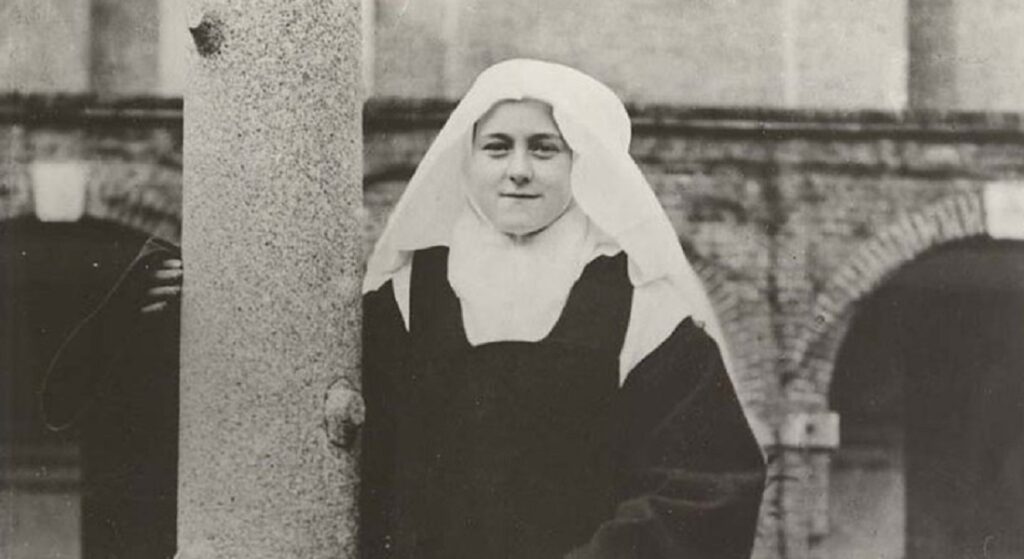
Saint Thérèse felt confused because she seemed to want all the vocations at once — she wanted to be a priest, a missionary, a martyr, a sister…everything! After much prayer, she finally arrived at the solution: “At last I was at rest! I saw that the Church must have a heart, that this heart must be on fire with love…I cried: “Jesus, my Love, I have at last found my vocation: it is love! …Yes, there in the heart of Mother Church, I will be love; so shall I be all things, so shall my dreams come true.”
Thérèse wanted to be “love at the heart of the Church.” THAT is a HUGE desire. A HUGE soul — a soul big enough for God!
Jesus is the model of all these magnanimous saints. If we want to have a soul that’s big enough for Heaven — then He is the standard to which we must strive. He is the one from whom all the grace comes from to repent and actually live out holiness. He Himself says to us: “Apart from me, you can do nothing.”
Nothing! He does not say “Apart from me, you can’t do much.” He says “You can do nothing.”
Sanctity is NOT just for the monks, the nuns, and the priests! It’s for everyone, whether you’re married, single, divorced, remarried, attracted to the same sex, struggling with your gender identity… anything! I don’t care: The call remains the same. The standard is the same — It’s always possible to be a saint! The offer of God’s grace is always there.
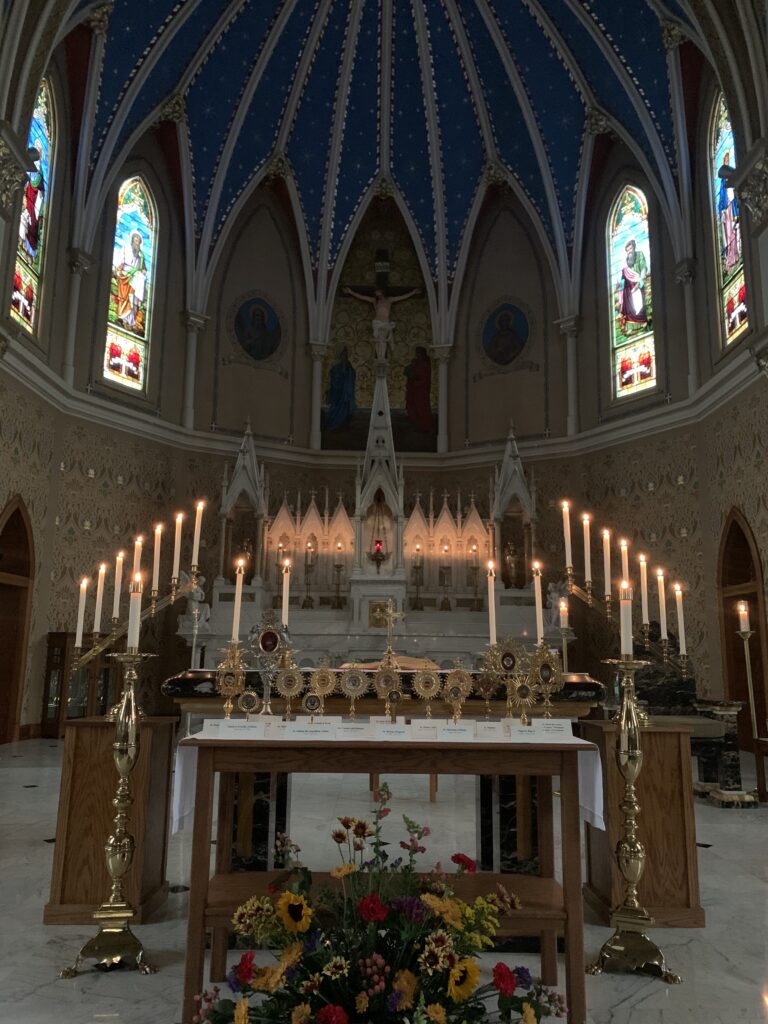
I’d like to end on this last note:
Regardless of what happens this Tuesday and the days following the election, it will still be possible to be a saint.
No political figure and no structural system can force you to miss out on that goal. Your soul cannot be ruined by anything or anyone unless you give it that power. Holiness is always possible, because God is always with us. He wants you to be fully alive… Fully human!
I don’t know about you, but I have sensed an anxious, heavy dread that is looming over all of our heads. It is a dread that would have us think that unless “our guy” wins on Tuesday — whoever that may be — then everything is ruined and everything is lost.
I’m reminded of that scene from The Lord of the Rings: The Two Towers, where a young boy turns to Aragorn before the Battle of Helms Deep, and he says: “The men are saying that we will not live out the night. They say it is hopeless.”
Aragorn takes the boys sword, inspects it, and hands it back to him saying: “This is a good sword.”
Then he looks him straight in the eye and says: “There is always hope.”
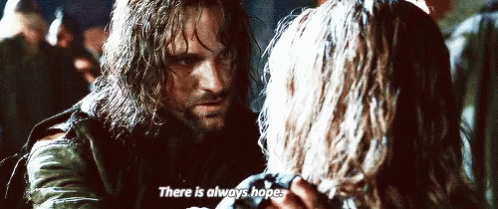
So I say to you as well: There is always hope… Hope to be a saint.
Don’t ever lose that hope!
A priest of the Archdiocese of Denver, who I really respect, said on a podcast this past week: “We are not gonna win America.” What I think he meant was — America, as good as it is, is not the end game. That politics is not god. This priest then went on to say that even more than wanting to win an election, “we should want to attain the crown of righteousness.”
That’s what All Saints Day is ultimately about… Attaining the crown of righteousness through the Passion, Death and Resurrection of our Savior, Jesus Christ. The Church exists for no other reason than to help us get to Heaven and worship God forever there in perfect peace and happiness. That magnanimous, lofty desire should far outweigh any other consideration, any other hope, any other desire we have.
Because in the end, the only thing that counts is to be a saint.
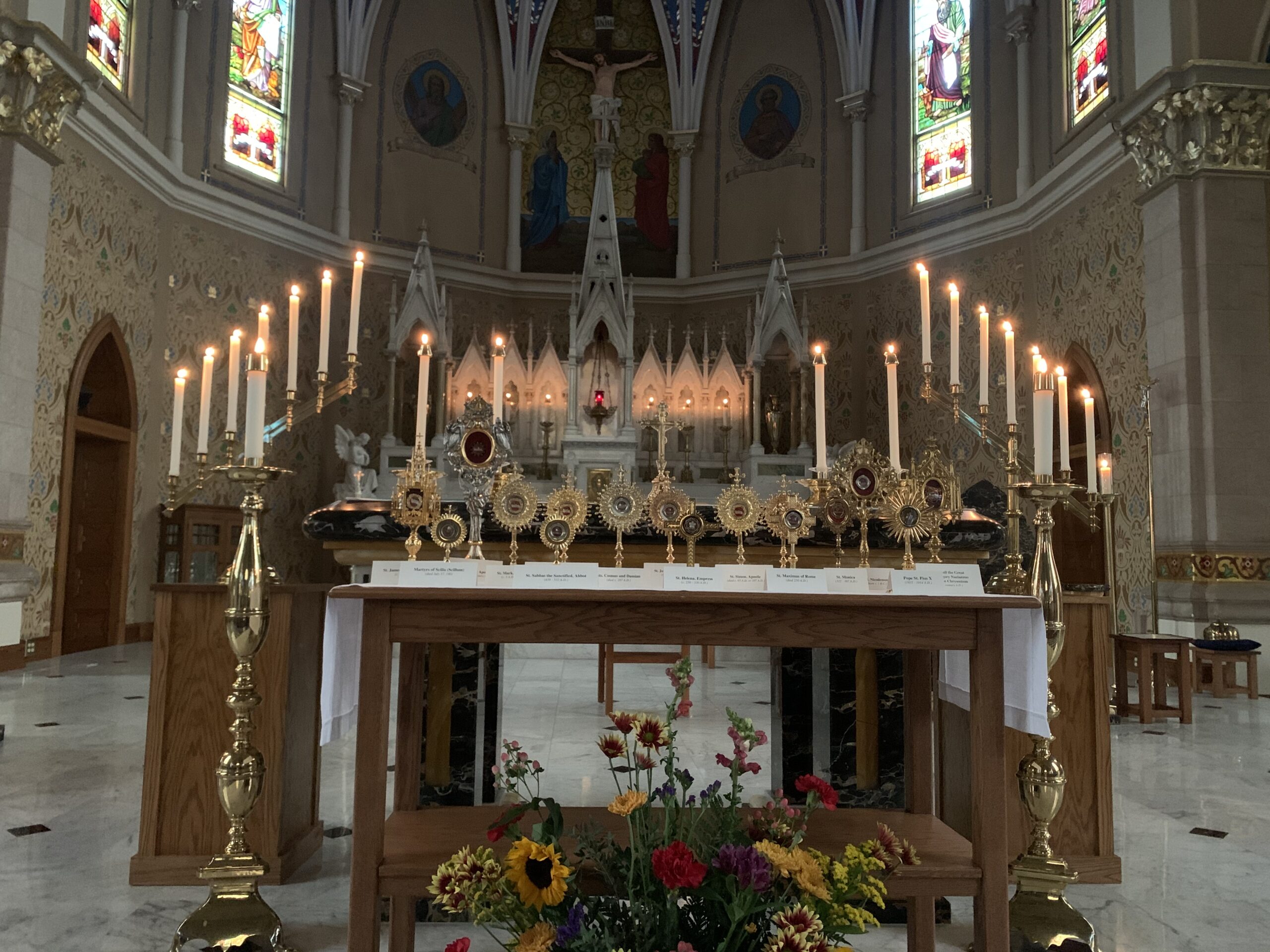
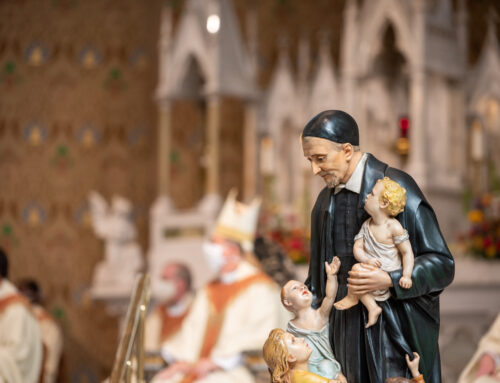
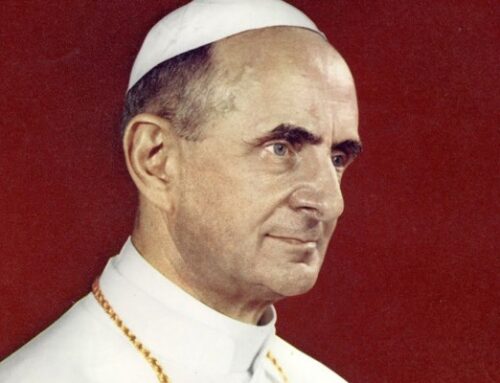
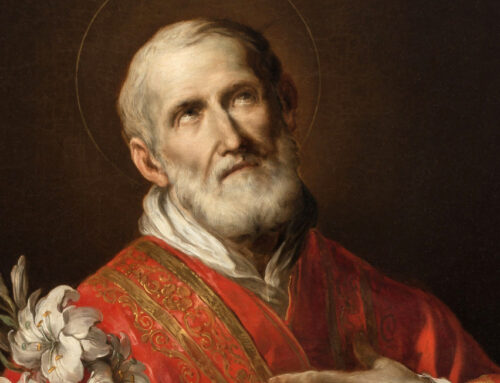
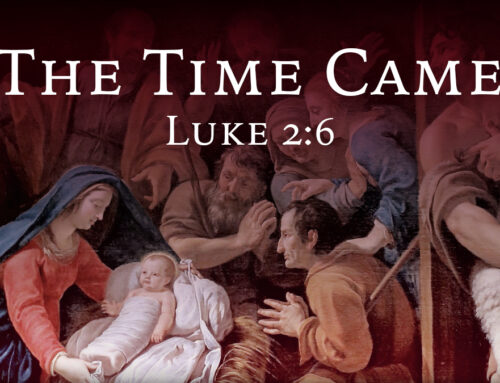
Father I was told that I was a saint by someone in my family. I took it as,a compliment.